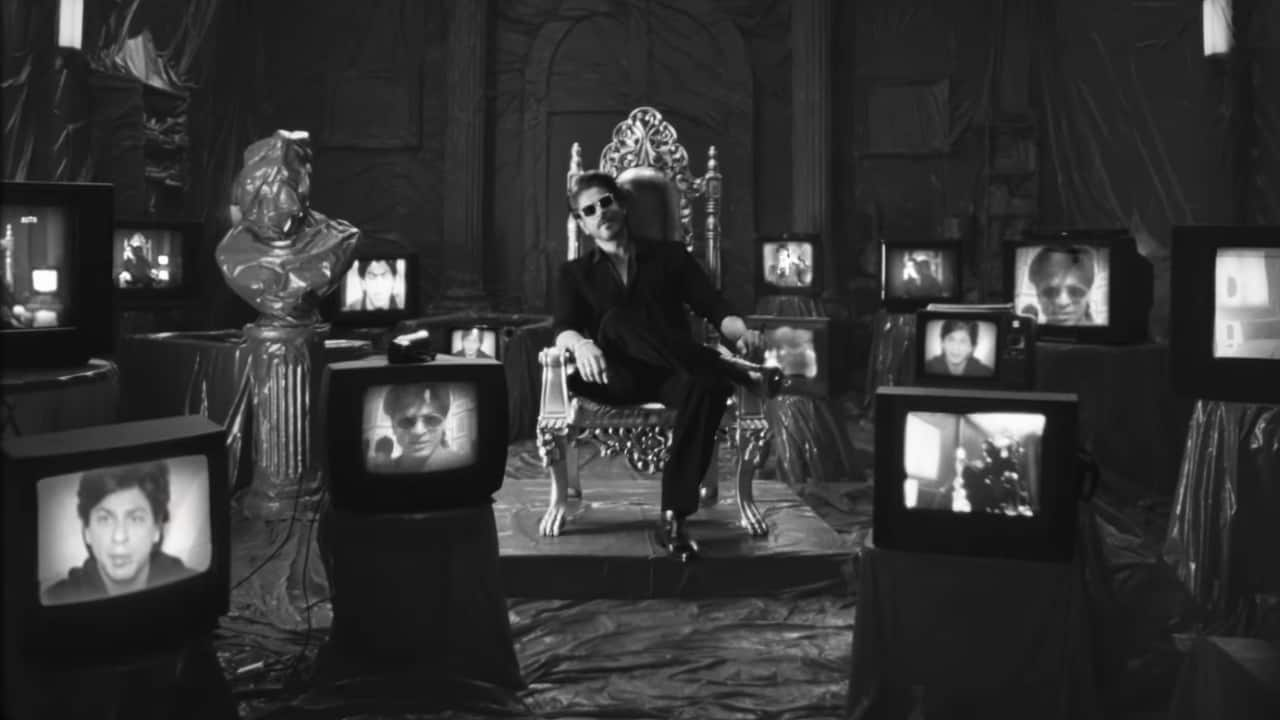Interview: 'We're Not Expecting Sainthood': Actor Liz Kettle on Hot Rehearsals and Thought-Provoking Content in POOR CLARE at the Orange Tree Theatre
Poor Clare, written by Chiara Atik and directed by Blanche McIntyre, opens tomorrow at the Orange Tree Theatre. The play tells the story of Clare (Arsema Thomas), a wealthy noblewoman in medieval Assisi who wants for nothing in life. Her plan for the future is simply to marry a rich nobleman and continue living her lavish lifestyle until her dying day. However, her perspective on life begins to change when she meets Francis (Freddy Carter), who introduces her to a new way of thinking that might set her on a new path.
For those who might not know their saints, this is a retelling of the story of Saint Clare of Assisi, one of the first followers of Saint Francis of Assisi, who founded the Order of Poor Ladies.
Recently, we had the chance to speak with Liz Kettle, who plays Peppa, one of Clare’s servants. We discussed how she went from Art History to Shakespeare, the importance of the messages in Poor Clare and what she hopes audiences take away from the show.
In university, I wasn't in the drama department - I was in the history of art department! But I started doing a lot of plays on campus. And then, one fateful Easter, I was employed with some professional actors to do Shakespeare for Schools, two performances of King Lear and The Winter’s Tale, then I continued to work with that company after I graduated. Came back to London and started doing courses in everything - mime, movement, drama, acrobatics - just to get to know people and get to feel the place. And then just got a job, and one job leads to another. There's never been any planning on my part for how my career has gone!
Well, I was asked to do it! I auditioned like everybody else. The play really appealed to me, as did the director and the venue, so when I was offered the part, I seized it.
Sure! Poor Clare is set in Assisi in Italy, in the early 13th century, medieval times - she's now known as Saint Clare of Assisi. In the play, she comes from an incredibly wealthy family and renounces all of her old life when she meets Francis, who we now know as Francis of Assisi. She joins him and sets up the women's version [of the Franciscan Order], which is now known as the Order of Poor Clares. But this is the European premiere of the play, and it's about Clare of Assisi. And it's a comedy!
Yeah! And Clare, played by the amazing Arsema Thomas, is in every single scene! We see her progression from somebody who inhabits a very rarefied world of Bezos wealth, to eventually renouncing it all. And what Chiara Atik, the playwright, is exploring, is how we can be more proactive in terms of the problems we see around us, whether it's poverty or climate change or foreign aid or anything - how we actually turn that around and become more proactive in contributing to try and rectify some of those imbalances and inequalities.
I see her as the kind of the Carson - the Downton Abbey butler - of the medieval world. She's the housekeeper. She's known Clare all her life. She started working for Clare's mother, Ortolana, so she's helped Ortolana bring up two daughters - he's very much part of that establishment. She works for the household and can't quite imagine doing anything else. Everybody in the play discovers something about themselves and ends by questioning their lives - Peppa is no exception.

They've been fantastic! I'm not in all the scenes. So the bulk of the work has been done by Freddy Carter, who plays Francis, and Arsema Thomas, who plays Clare. But what's been fabulous is seeing all the scenes strung together and being able to see all the work that everyone else has been doing, which has been wonderful. It's going to be fantastic. It's terribly funny. It's not written in Medieval English or Italian. It's written by an American playwright for whom humour is really, really important. And the 21st century does come steaming into the play at several points. So the dialogue is very contemporary, with all the contemporary vernacular, jokes and anachronisms.
I think it's going to be really interesting! At the moment, a lot of us are thinking about this heatwave we're having, and the fact that a lot of our costumes are hessian and sackcloth, quite a lot of fabric! Anyway, when we've recovered from that, we are very close, so the audience can see your every move and every expression. But I think it will be like being in the same room as these characters. This isn't a huge spectacle. This is a very intimate play and it's the more moving and funny because of that, because we're in such a gorgeous little venue in the round. I'm really looking forward to it.
What do you hope audiences take away from Poor Clare?
I hope they go home having had a really, really entertaining evening. And, on their way home, I hope that they have thoughts that maybe they weren't aware of before. That they question a little more, and they ask themselves, “What can I do?” My character says at one point, “I think it's good that everybody does everything they can.” But I think Clare as the character, Clare of Assisi, has taken it that big step further, and actually gone the whole hog and renounced everything. We're not expecting sainthood, but it is a play that is really thought-provoking. Do you donate more? Do you participate more? Do you make eye contact more with people? Its message is very gentle underneath a very humorous canopy.
And finally, how would you describe Poor Clare in one word?
Challenging and hilarious. That's two words, sorry! Hilariously-challenging or challengingly-hilarious.
Poor Clare runs until 9 August at the Orange Tree Theatre.
You may also like...
Diddy's Legal Troubles & Racketeering Trial

Music mogul Sean 'Diddy' Combs was acquitted of sex trafficking and racketeering charges but convicted on transportation...
Thomas Partey Faces Rape & Sexual Assault Charges

Former Arsenal midfielder Thomas Partey has been formally charged with multiple counts of rape and sexual assault by UK ...
Nigeria Universities Changes Admission Policies

JAMB has clarified its admission policies, rectifying a student's status, reiterating the necessity of its Central Admis...
Ghana's Economic Reforms & Gold Sector Initiatives

Ghana is undertaking a comprehensive economic overhaul with President John Dramani Mahama's 24-Hour Economy and Accelera...
WAFCON 2024 African Women's Football Tournament

The 2024 Women's Africa Cup of Nations opened with thrilling matches, seeing Nigeria's Super Falcons secure a dominant 3...
Emergence & Dynamics of Nigeria's ADC Coalition

A new opposition coalition, led by the African Democratic Congress (ADC), is emerging to challenge President Bola Ahmed ...
Demise of Olubadan of Ibadanland
Oba Owolabi Olakulehin, the 43rd Olubadan of Ibadanland, has died at 90, concluding a life of distinguished service in t...
Death of Nigerian Goalkeeping Legend Peter Rufai

Nigerian football mourns the death of legendary Super Eagles goalkeeper Peter Rufai, who passed away at 61. Known as 'Do...




